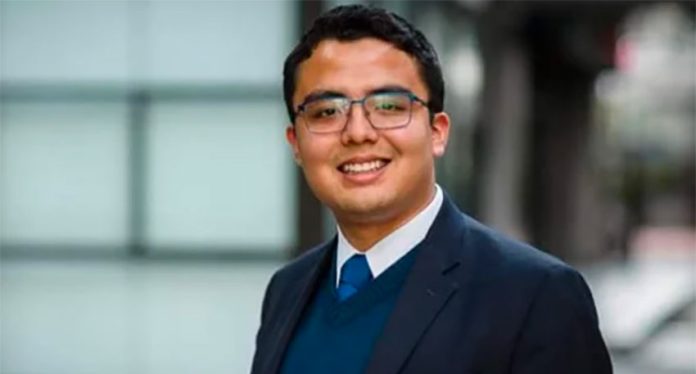A Mexican student was one of six members of a victorious team in a pandemic-themed virtual hackathon organized by the Massachusetts Institute of Technology (MIT).
Guillermo de Alva, a postgraduate IT student at the Iberoamericana University, and five students from the Universidad del Pacífico in Lima, Peru, won one of the categories in the “Latin America vs. Covid-19” virtual hackathon held in late June.
The team developed a project called HandyCash, a digital platform that enables small stores to form an interconnected shopping community.
In an interview with his university, de Alva said that via the platform, consumers can make a deposit in a store near their home and use the funds in other stores that are part of the same networked community.
Their purchases at the interconnected stores are validated by an account number and a mobile phone text message, he said.
De Alva said that the HandyCash platform would be beneficial to both consumers and shopkeepers alike. It reduces the use of cash at a time when people are being encouraged to avoid close contact with each other to reduce the risk of infection with the coronavirus.
The digital platform would also help small stores known as tienditas to increase their cash flow and become formal rather than informal businesses, de Alva said.
“The fundamental purpose of this project is to [allow] … a step toward the formalization of businesses because businesses that are already formalized have advantages such as [access to] loans and financial provisions that allow customers to pay with cards,” he said.
“The initiative will give tienditas the opportunity to see those benefits and join the banking system.”
As a result of winning their category, de Alva and his Peruvian teammates will receive organizational support, computing resources, and direct access to key partners to further develop their project, according to the hackathon website.
The MIT, a private research university in Cambridge, Massachusetts, has organized three other pandemic-themed hackathons including one aimed at building solutions for Africa amid the Covid-19 crisis.
Source: El Universal (sp)
